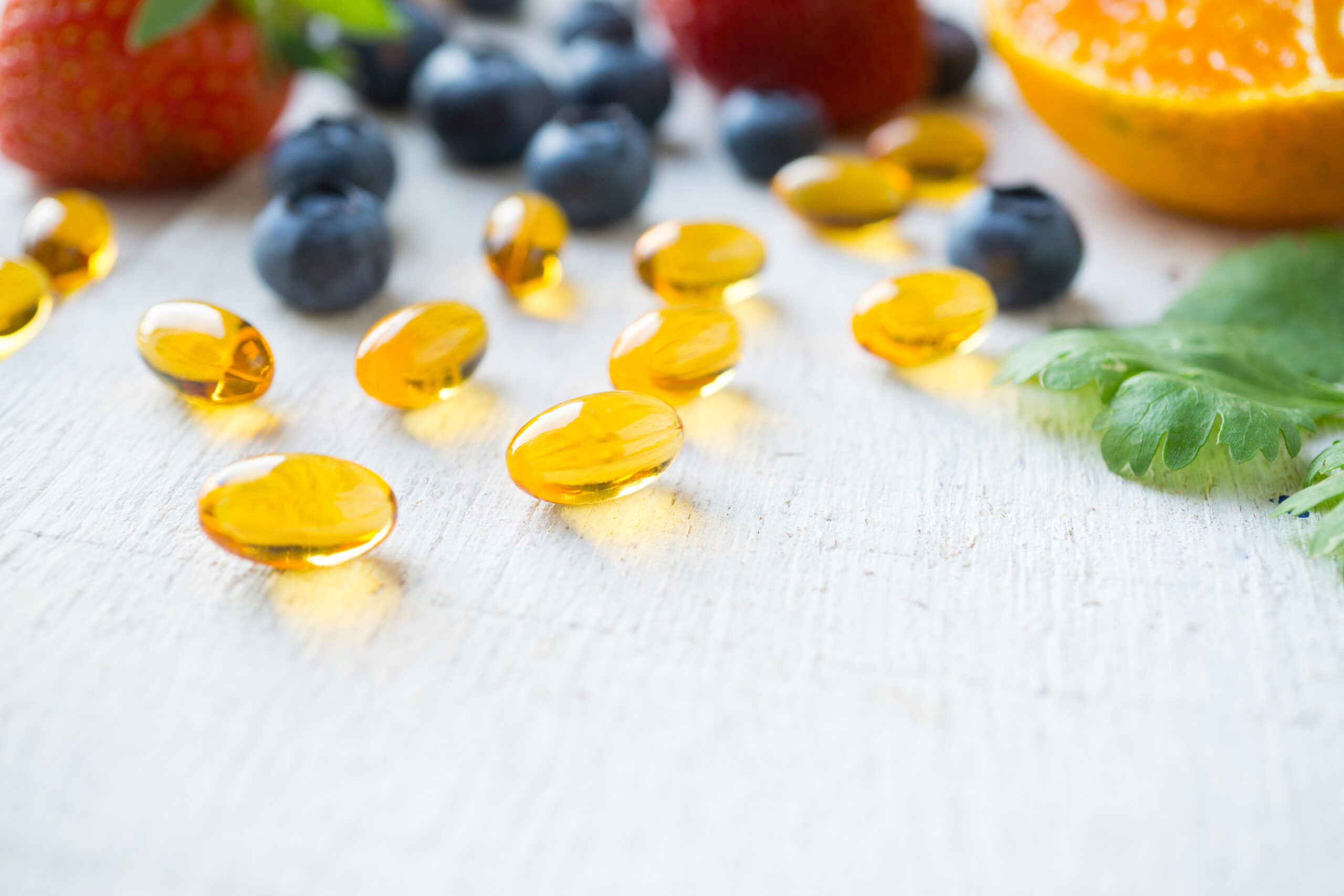Many rely on mufflers, scarves, hats, and thick coats to stay warm and healthy during the chilly months of winter. Although what you wear is essential in keeping warm, it may not be enough to ward off respiratory infections and other health problems during the cold season.
One way of staying physically and mentally healthy during winter is by supplementing the levels of vitamins in your body. Below are the five best vitamins you might want to have for the winter.

Table of Contents
1. Vitamin D
What do people typically miss during winter? Sunshine. Why? Well, sunshine usually brings warmth. And exposure to sunlight is what your body needs to produce an essential immunity-boosting micronutrient called Vitamin D.
Since people rarely spend time outdoors during winter, many become deficient in Vitamin D. This sunshine vitamin has tons of health benefits, including promoting bone health and, more importantly, fighting off infections and disorders like what’s known as the winter blues.
Sunlight is the primary source of Vitamin D. But many people don’t get the right amount of sun exposure in winter. Instead, you can take it in supplement form to prevent deficiency. Good thing, there are many online shops like HealthPost vitamins supplements, that offer Vitamin D and other essential supplements all year round.
2. Vitamin E
Another vitamin known for promoting healthy and beautiful skin is Vitamin E. So, if you suffer from itchy, dry, and flaky skin due to very chilly weather, you can use lotions and creams that contain Vitamin E. However, if you’re not a fan of applying stuff to your skin, you can still have smooth and soft skin by taking Vitamin E supplements.
Although Vitamin E is known to help improve skin, it can offer other benefits. It’s also known to maintain cell function, combat adverse effects of free radicals, reduce fatty liver symptoms, and even lower your risk of blood clots as it assists in widening blood vessels.
3. Vitamin C

Many people get sick with the common cold, cough, flu, and other respiratory illnesses during the winter months because of the freezing temperature. Sticking to a winter diet can help you minimize colds and other diseases associated with the season. You can prevent infection by drinking plenty of water, having a good night’s sleep, and increasing your intake of Vitamin C. You can get this micronutrient from citrus fruits and vegetables. However, if you feel you’re about to have flu, you may want to start taking Vitamin C supplements with Zinc to help fight the infection by boosting your immunity.
Aside from enhancing your immunity, this antioxidant has a lot of other benefits. Vitamin C known to lower the risk for chronic diseases, including high blood pressure and heart ailments. It also prevents gout attacks because it reduces uric acid in the body. If you have iron deficiency, taking iron supplements with Vitamin C also improves your body’s iron absorption.
4. B-Complex Vitamins
Many consider B-complex vitamins as super vitamins because they provide countless benefits, from preserving cell health to boosting energy. But one reason why you must take them during winter is to prevent Seasonal Affective Disorder (SAD), or what is more commonly known as winter blues.
So how do these B vitamins beat SAD? First, they assist in converting the protein-rich food you eat into essential mood-boosting neurotransmitters, such as dopamine, serotonin, and many others. These neurotransmitters give you energy and help improve your mood during the somber atmosphere of winter. Next, these vitamins are also known to help you deal with stress and anxiety caused by long winter nights. Finally, B-complex vitamins made up of B6, B9, and B12 also assist in beating depression and improving mental health.
5. Vitamin A
For the most part, Vitamin A is known for keeping soft and healthy skin. But studies have shown that it is essential in preventing infection because of its anti-inflammatory properties and maintaining healthy mucus membranes. People who live suffering from chronic infection and live immunocompromised can also benefit from taking Vitamin A supplements.
If you think you’ll suffer from frequent bouts of sinusitis, flu and pneumonia, and other similar symptoms during winter, you may want to increase your intake of foods rich in Vitamin A. Good sources for this micronutrient include carrots, eggs, yellow fruits and vegetables, and dark green leafy vegetables.
Moreover, one of this vitamin’s components is rhodopsin, a protein responsible for improving the ability of the eyes to see in low-light surroundings. You may need Vitamin A if you have a problem seeing things in the dark, especially during an overcast conditions typical in the coldest season of the year.
Final Thoughts
The frigid temperature and shorter days during the winter months bring about many weather-related diseases and disorders. To fight off many of the symptoms, you must boost your immune system and keep your body strong. With the help of vitamin supplements, you have a better chance of enjoying the winter months free of any ailments. Just make sure to get your supplements from reputable stores.
